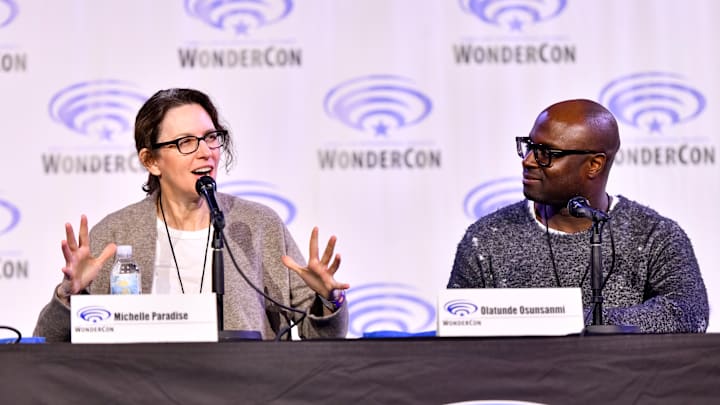Star Trek: Discovery is setting out on a new mission in its final season, to see where we all came from. In the final season of the show, they've opted to explore a concept first introduced in Star Trek: The Next Generation where every major alien race has a common ancestor to some degree. In the Next Generation episode "The Chase", we find out that Humans, Romulans, Klingons, and Cardassians all share a common ancestor, a concept that has since been met with mixed reviews.
The episode was fine enough but it did rub some people the wrong way. Now, Discovery is looking into such a concept, by exploring the proverbial cradle of the galaxy. The first settlement of the first humanoid aliens. It's one that has promise, but the execution window for success is small and a show that has routinely missed the mark like Discovery isn't the show that's built for the reveal.
It'll likely be underwhelming, like Battlestar Galactica season four levels of underwhelming. This is why we think shows should start to adopt the Walking Dead philosophy at times; It doesn't matter.
In The Walking Dead, a zombie apocalypse happens and for 18 years across 193 issues, they never once explained how the virus that made zombies became a thing. Why? Because the answer never mattered. The story wasn't about how the zombie apocalypse happened, it was about how humanity dealt with it and the stories that can come from a new world where the dead never stay dead.
By avoiding the reveal of "how", there was never a letdown. On the flip side, when you look at stories like "Y: The Last Man", you see just how revealing the cause of something can be an utter disappointment. Without going into spoilers, it's stupid. It's stupid and nonsensical and it made the story less impactful.
Star Trek needs to avoid showing the studs of the foundation, for fear that when we finally do see what's holding this whole concept up, that it doesn't take away from some of the mystery.
